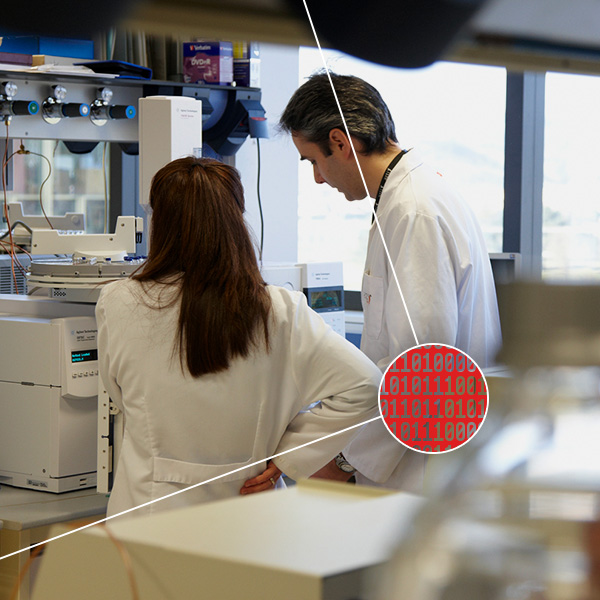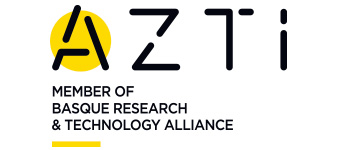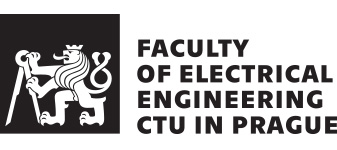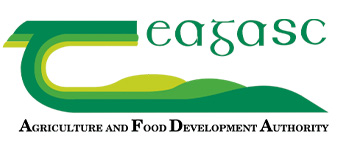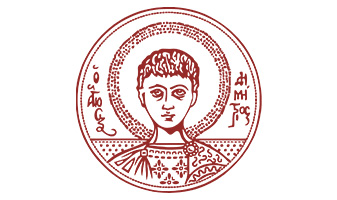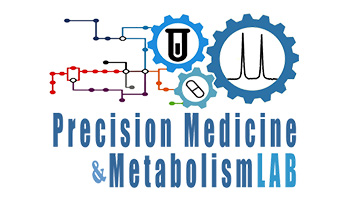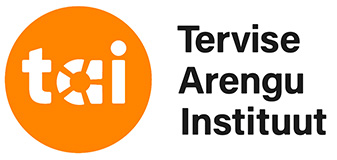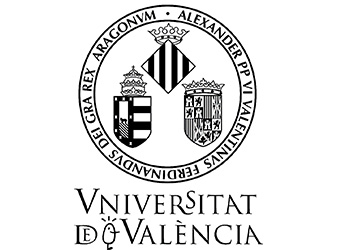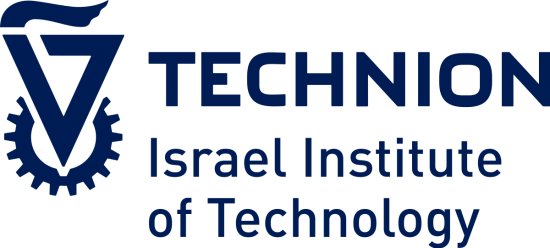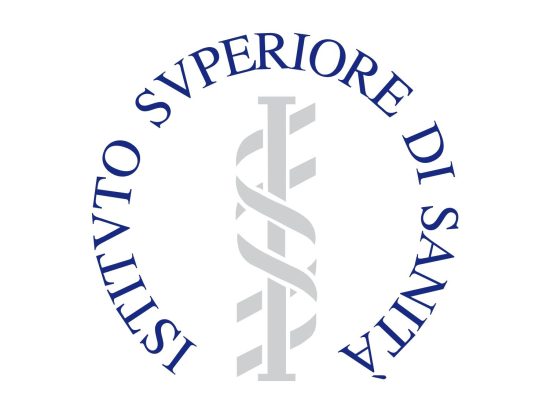


About CoDiet
CoDiet is an international research project that aims to combat diet-related diseases through innovative monitoring technologies and personalised nutrition.
Unhealthy diets are associated with changes in the body that increase our risk of common diseases such as heart disease, diabetes and obesity. These diseases are also known as non-communicable diseases i.e. diseases that can’t be transmitted from person to person.
According to the World Health Organisation, non-communicable diseases kill 41 million people each year, equivalent to 74% of all deaths globally.
However, little is known about the actual steps that link what we eat to the development of non-communicable diseases, and the current tools used to collect dietary information rely on self-reporting, such as through food journals, which can be inaccurate and unreliable.
Importantly, there is also a lack of data relating to vulnerable groups, such as those from lower socioeconomic backgrounds, where NCDs are often over-represented.
Led by AZTI, a research centre based in the Basque County, Spain, the EU-funded CoDiet project plans to address these gaps in our knowledge and develop new ways to personalise dietary advice and help society to become healthier.

Testimonial
“CoDiet brings together a multidisciplinary team of leading scientists to tackle the major, global challenge of preventing non-communicable diseases. We hope that by furthering our understanding of the relationship between diet and disease and personalising dietary advice, we can help to create a healthier society for all.”
Professor Itziar Tueros Head of Food and Health, AZTI, Spain

How will we achieve our goals?
Understanding what’s already out there
There is an enormous amount of scientific research that has already been done about the connections between diet and non-communicable diseases. Understanding what information is already out there is vital to developing new insights.
However, reviewing this amount of information manually can be time-consuming and expensive.
Instead, we are using a kind of artificial intelligence (AI) called natural language processing (NLP), the same kind used in Chatbots, to help us search for and analyse this information, meaning we can achieve this in a fraction of the time.
We aim to create the most comprehensive overview of the relationships between diet, bodily processes, and non-communicable diseases ever produced.
Improving the accuracy of dietary reporting
A major issue in understanding how diet can lead to the development of diseases is accurately knowing what people actually eat in their day to day lives.
Currently, scientists get this information from people reporting what they eat themselves, such as through food journals. However, it’s known that this isn’t very accurate: people forget to write things down, or aren’t good at estimating portion sizes, or maybe they leave out a chocolate bar or glass of wine because they want to come across as doing better than they are.
CoDiet researchers will test new technology that can replace this step. We will test an intelligent, wearable camera that can be worn on the ear to passively record what the wearer eats, and use AI to automatically recognise food types and estimate portion sizes.
Combining this with chemical information from, for example, urine or blood samples that the team will take from volunteers will mean that we can understand even more about how what we eat can cause changes in our body and how this can lead to the development of non-communicable diseases.
Connecting the pathway from diet to disease
It’s well known that what we eat can affect our health – that people with lower quality diets are more likely to develop diseases like heart disease, diabetes, and obesity.
However, there is remarkably little known about the crucial steps in between – the changes and processes that take place within our bodies as a result of what we eat that actually lead to us to developing these diseases.
CoDiet plans on combining the information we gather from existing research, the information we get from new ways to monitor diets, as well as other information that often isn’t considered, such as genetics, metabolism, and gut bacteria, to improve our understanding of this pathway and discover new indicators of disease risk. The project will also use AI to help us analyse this information and to connect the dots that humans usually wouldn’t be able to find.
Personalising dietary advice
The way one person’s body reacts to and processes foods will be different to someone else’s body – we all have that one friend that, no matter how much they eat, never seems to put on weight. Despite this, almost all dietary advice that exists uses a ‘one-size-fits-all’ approach.
We believe that personalising dietary advice is key to helping people to become healthier.
By using the information gathered throughout the project we will develop an AI tool that can deliver personalised dietary advice based on a person’s genetics, blood profile, gut bacteria and more.
We plan to trial this tool across four of our partner countries: Spain, Ireland, the UK, and Greece.
Helping society as a whole to be healthier
Personalised dietary advice can help individuals to become healthier, but there are factors outside of people’s control that can make it harder to put advice into action, and not everyone has the time or motivation to seek out such advice.
Cheap fast-food, junk food advertising, education, regulation of large food companies – all of these things affect the types of food that is available, accessible, and appealing to society. This is why influencing public policies is key to helping populations as a whole to live healthier lives.
CoDiet is assessing the current policies in place that are aimed at improving diets in six EU countries, and creating a tool that can simulate how diet and other risk factors affect the development of diseases at a population level. This will allow us to estimate the impact of potential policies for particular countries.
Through Codiet, we are building evidence around what policies would be best to help society to become healthier and lower the burden of non-communicable diseases.
CoDiet is an international research collaboration
The project includes scientists and researchers from 17 research and academic institutions across 10 countries, combining expertise across multiple scientific disciplines to deliver impact.
Learn more
